According to Japanese media reports, Murata Manufacturing Co., Ltd. plans to start mass production of all solid-state batteries in 2019. Murata will set up an all-solid-state battery production line in the battery production plant in Shiga Prefecture, Japan, with an estimated production capacity of 100,000 per month.
According to reports, Murata's battery samples have a battery capacity that is about 100 times that of other competitors and the highest capacity in the industry. In addition, Murata will not only focus on all-solid-state batteries, but its Sony lithium battery division, which was acquired in 2017, will also accelerate its growth in the energy market.
In the future, Murata will use its MLCC production equipment and invest hundreds of millions of yen into the drying room to produce all-solid-state batteries. The upcoming mass production is a surface mount ceramic all solid state battery using a ceramic material in the electrolyte portion.
At present, the length, width and height of Murata's all solid-state battery samples are approximately 9.6mm x 5.7mm x 5.2mm. Improvements in material formulation have significantly increased battery capacity. As energy density increases, it is possible to replace the current role of lithium batteries in the future and to differentiate them from other battery products. This product is not easy to burn and is not prone to heat, and has high safety. The target application set by Murata is the wearable device.
In addition to Murata, TDK is also developing ceramic all-solid-state batteries, and it is expected that battery production for wearable devices will begin in 2019. Toyota Motor and Panasonic will also set up an electric vehicle (EV) battery company to develop all-solid-state batteries by the end of 2020.





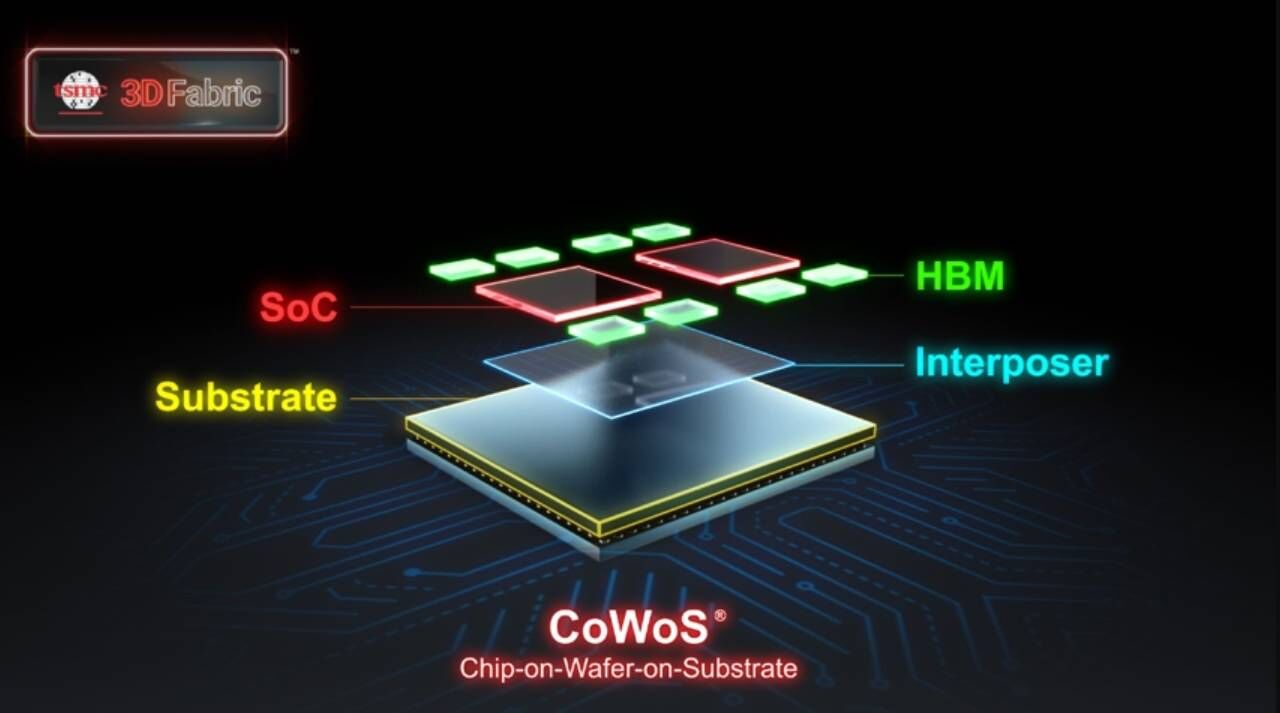

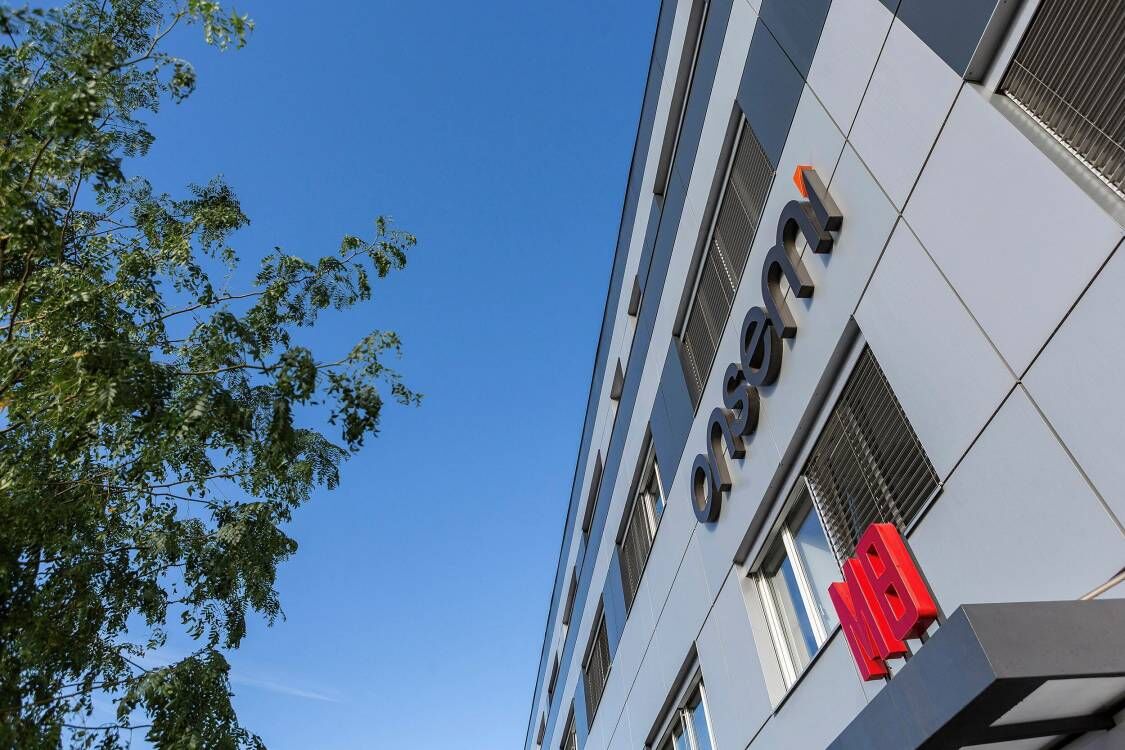
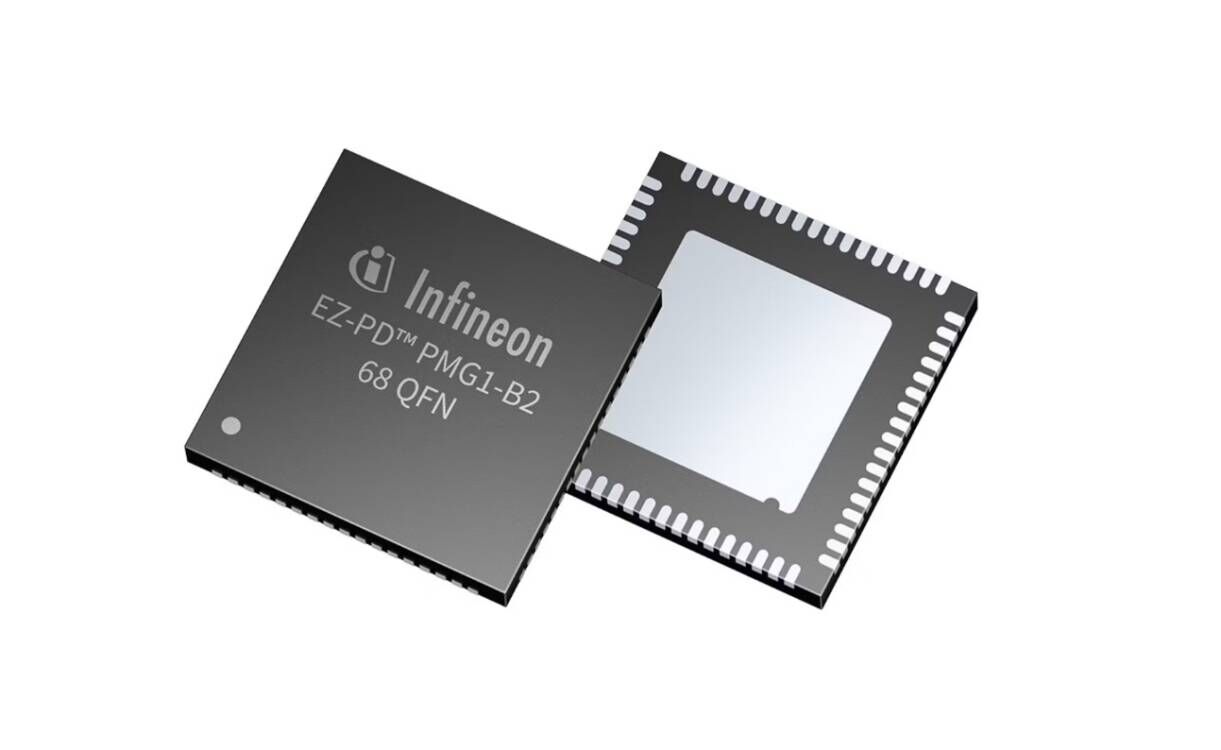

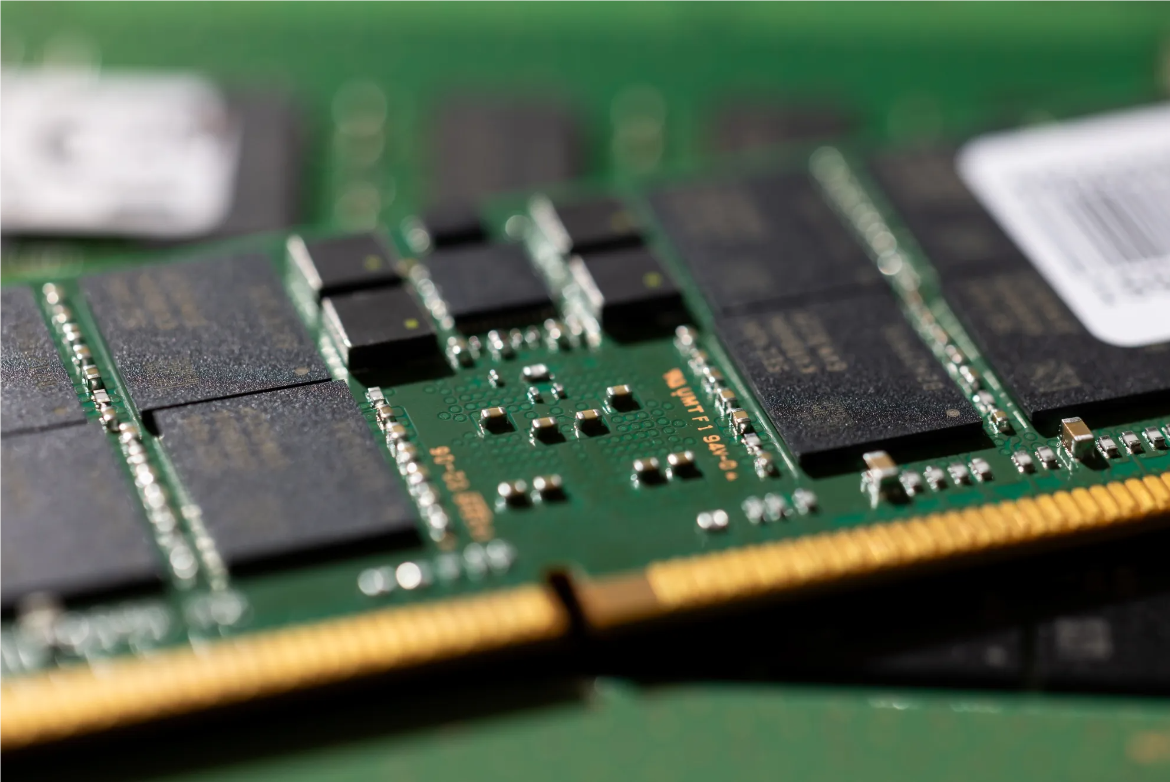
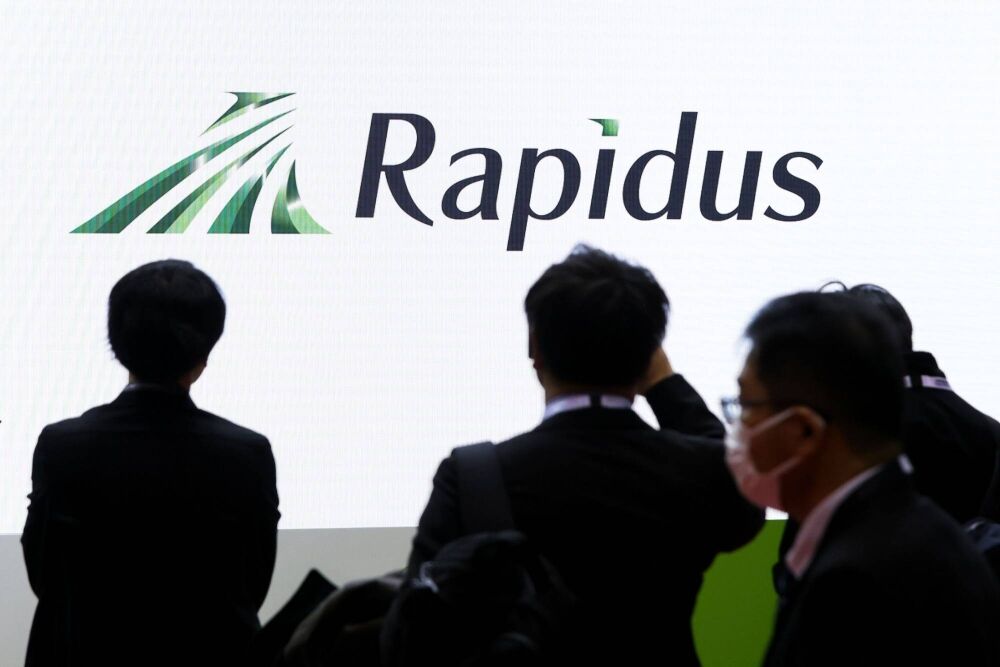
All Comments (0)